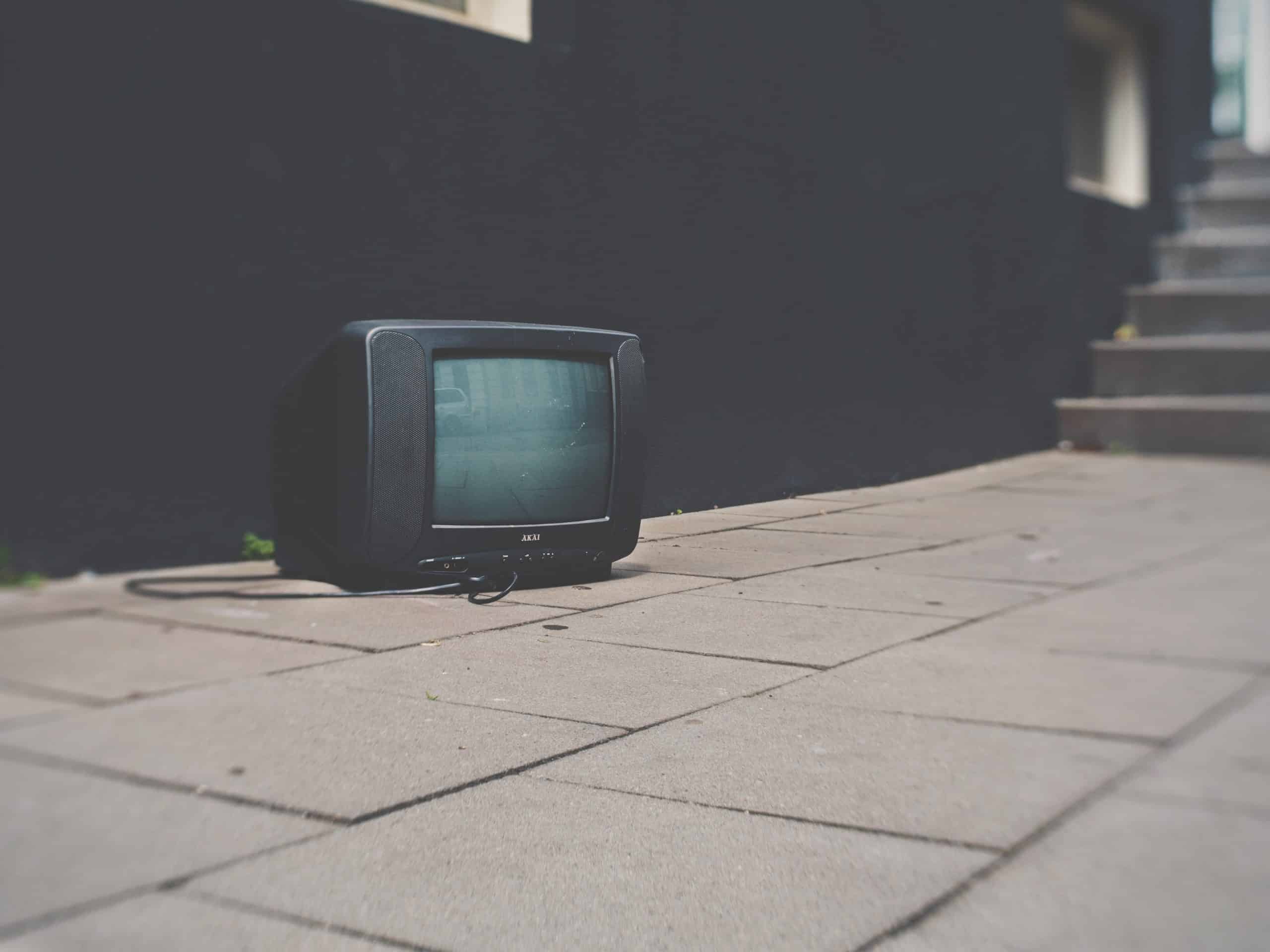
Broadcast 2018: new viewing vs traditional TV
We learnt recently that for the first time, children in the UK are more likely to watch content on mobiles, tablets and laptops, than on traditional television screens.
Parents and grandparents may lament this shift from TV as a communal activity to a solitary pursuit, but the change is simply another stage in the constant evolution of our TV habits. These have included our nightly devotion to long-running soaps, our voracious appetite for instantly-available back-to-back programming, our gradual acceptance of paying for multiple services, or the emotional grip content can have on a general public – Game of Thrones, I’m looking at you. And everyone from the Beeb to the niche providers have been throwing money and ‘talent’ at attempts to satisfy these content cravings.
What does this mean for 2018? Is content still king, or is it more about how we consume – or ‘experience’ – content that will impact our viewing behaviour and the financial fate of broadcasters?
We now have a veritable feast of programming to choose from, as the number of service providers grows and the investment pumped into acquiring – and producing – content continues.
This is clearly paying off for some. Netflix plans to spend up to $8 billion on content this year, a move which will be welcomed by its growing customer base: the content provider/creator reported its strongest ever quarterly subscription gains, adding a record eight million subs at the end of 2017. This is despite the company upping the price for its basic service by 50p to £7.99 a month, and increasing the cost of its premium package by £1 to £9.99.
With its vast library and investment in original content, Netflix seems to be leading the charge. But is so much content too much content? The total average time viewers spend searching for content increased by 13% to 51 minutes per day, according to an Ericsson report, so Netflix’s bottomless catalogue could end up dissuading rather than engaging viewers.
As a counter to the mainstream mass-content approach – a strategy also employed by the likes of Amazon Prime and YouTube –we’ve also seen the successful emergence of niche providers. Video collections are carefully curated to appeal to select groups, with the aim of achieving consistency in quality and reducing search time. Favourites in this area include Walter Presents, a streaming service from Channel 4 that shows foreign programming and films; Mubi, which adds and removes one (indie/cult classic/arthouse) film to its 30-strong collection each day; and Docsville, which – as the name suggests – has a library of documentary films founded by BBC Storyville’s Nick Fraser.
Ah yes, the BBC. For the past 90 years the Beeb has staunchly sustained its presence in any TV-based conversation. Despite disagreements over TV licensing costs, abuse scandals, gender pay disputes, and various conflicts with various governments over the years, the broadcaster has retained a place in the hearts (and on the screens) of the British public.
I have a Netflix account, I have login details for my unsuspecting sister’s Amazon Prime, and I’ve even dabbled in Google Play. But the BBC remains my go-to, and in the face of competition I believe others share this sentiment, and will continue to do so. The public broadcaster is the largest in the world by employee numbers, operates under a Royal Charter, is regulated by Ofcom, is sustained by a license fee ignored by thousands, juggles commercial divisions with adherence to impartiality and commitments to inform, educate and entertain. It may be a British institution but it has a global workforce and a global audience.
Yet the service has managed to evolve in line with changing consumer attitudes, as shown by the record iPlayer viewing figures over Christmas. Or the commercially-savvy merger of BBC Studios and Worldwide. Or even the current zeitgeist for a plastic-free future, as espoused by the deific David Attenborough via BBC hit Blue Planet.
Whatever happens during 2018, I’ll remain an avid viewer of the twists and turns of all facets of our broadcast industry.





